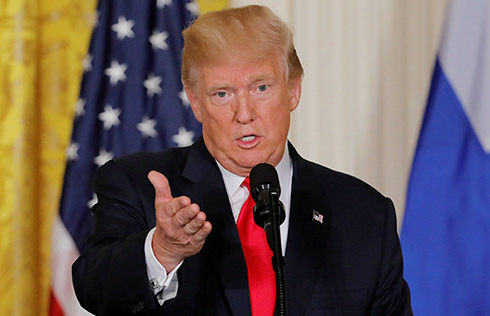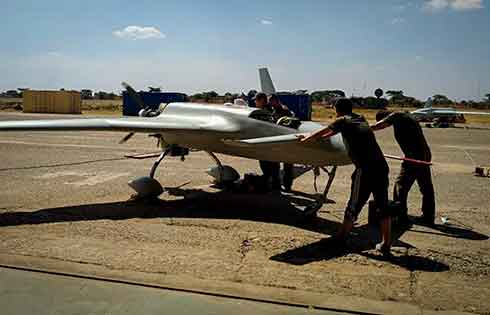Outdated, unilateral US trade tools against China set to hurt both
WASHINGTON - Doing anything unilateral against China on trade issues is expected to hurt both and produce no winner for the Trump administration, which has been searching through the policy toolbox for outdated means even without a consensus within itself.
Senior administration officials said on Saturday that Trump will direct the US trade representative (USTR) next week to determine whether to investigate China's trade practices under Section 301 of the Trade Act of 1974.
The move again raises grave concerns among the business community that Washington may unilaterally impose tariffs on Chinese products, triggering bigger trade conflict between the two largest economies of the world.
Besides, the US Commerce Department has launched the so-called Section 232 investigations into imported steel and aluminum products on the grounds of protecting national security. A Section 201 investigation led by US International Trade Commission on imported Chinese solar cells and modules is expected to release its findings in September.
All these tools have a common feature: they were meant for the pre-WTO era. Section 301 and Section 201 of the Trade Act of 1974, and Section 232 of the Trade Expansion Act of 1962 were all put in place during the Cold War era, and were rarely used since the launch of World Trade Organization (WTO) in 1995.
In its heyday in 1980s, Section 301 was aggressively used by the Reagan administration against Japan to protect US automobile and semi-conductor industries. The US abuse of such unilateral actions, however, provoked widespread backlash from its major trading partners.
"This law was mostly deployed before an effective, internationally agreed system to solve disputes -- namely the WTO -- existed," said Chad Bown, a senior fellow at the Peterson Institute for International Economics, a think tank based in Washington D.C.



















